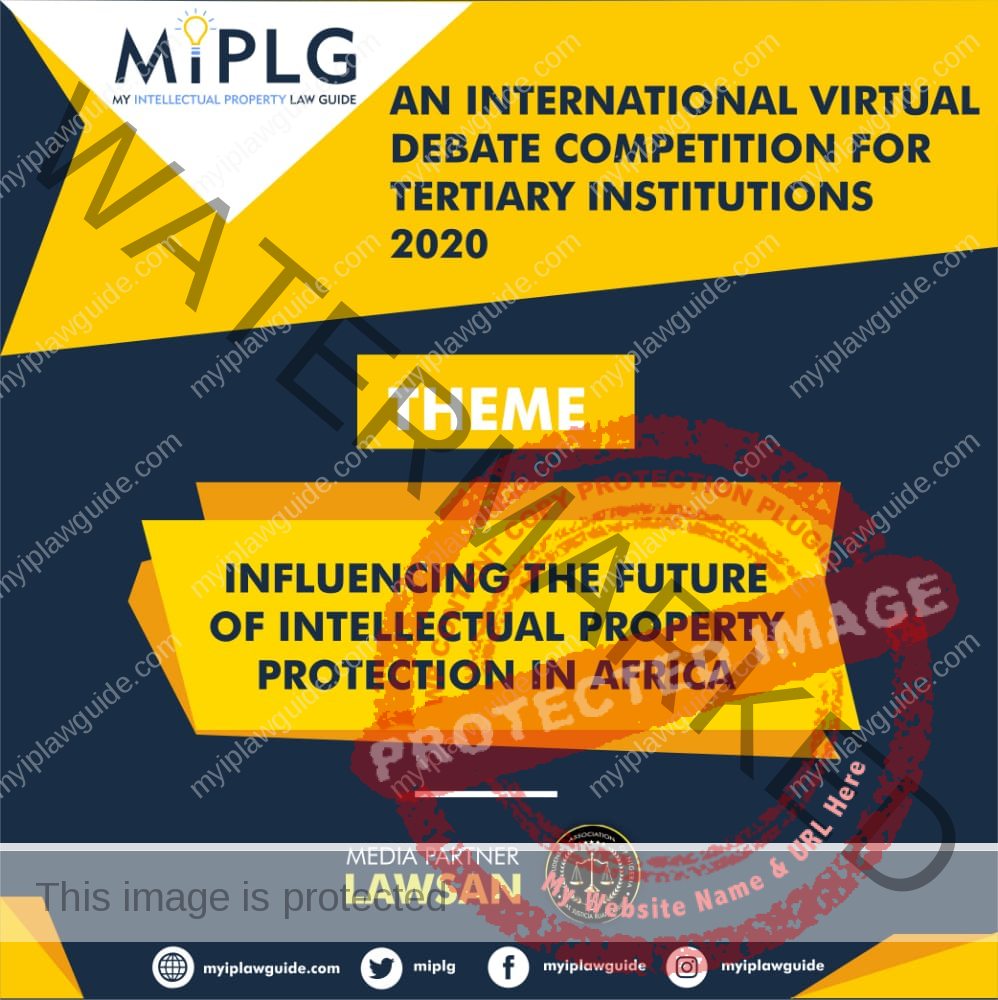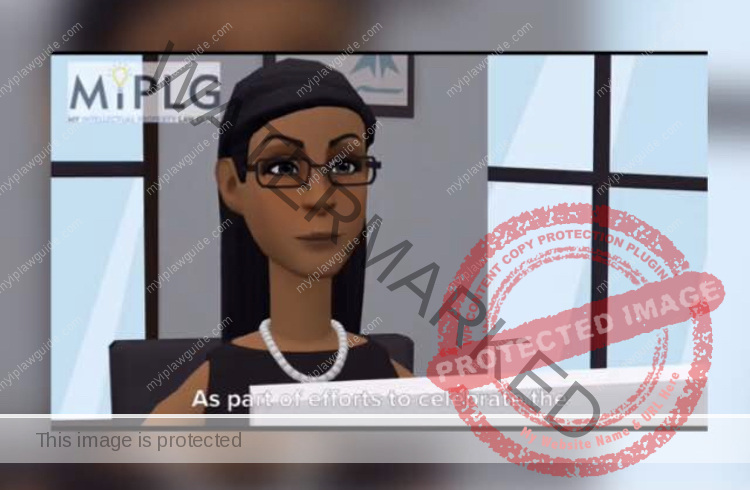Participants who have qualified for stage 2 may now prepare for a virtual debate on 29 August 2020. This debate largely adopts the British Parliamentary Debate Style with two teams- the ‘proposition’ and “opposition’ teams.
Stage 2 is constituted of 10 teams categorised into three groups as follows:
Group A
First Session (Motion 1)
For Motion: Gobir Bolaji and Mikali Rhodijah of Usman Danfodiyo University, Nigeria.
Against Motion: Joseph Fofonah and Ibrahim Koroma of University of Makeni, Sierra Leone.
Time: Nigeria- 1:00 PM, Sierra Leone- 12 Noon
Second Session (Motion 2)
For Motion: Nana Bosompem and Dzifa Abotchie- Agbanu of University of Ghana.
Against Motion: Nweke David and Mercy Nwaogazie of Nnamdi Azikiwe University, Awka, Nigeria.
Time: Nigeria 2:30 PM, Ghana- 1:30 PM
Group B
Session (Motion 1)
For Motion:Jacob Komba Ellie and Joseph Sam of University of Makeni, Sierra Leone.
Against Motion: Danielle Clas- Peters and Mowbray Jones- Nelson of Ghana Institute of Management and Public Adminstration (GIMPA), Ghana.
Time: Sierra Leone and Ghana (12 Noon)
Group C
First Session (Motion 1)
For Motion: Emiemokumo Gesiye- Emi and Oziwo Brillant Elo of Niger Delta University, Nigeria.
Against Motion: Ibrahim Rahid and Msika Nicodemus of University of Dodoma, Tanzania.
Time: Nigeria 1:00 PM, Tanzania 3:00 PM
Second Session (Motion 2)
For Motion: Phola Liyena and Wana Chinyemba of University of Zambia, Zambia.
Against Motion: Victor Fabarebo and Chiziterem Ogbonni of University of Ibadan, Nigeria.
Time: Nigeria 2:30 PM, Zambia 3:30 PM
Every team is allowed 10 minutes; 5 minutes for the 1st Speaker, 3 minutes for the 2nd Speaker and 2 minutes for replies, if any, to be presented by one speaker. Every Link to the debate platforms will be communicated to the teams via team email addresses.
Motion 1- “Reverse Engineering” has caused more harm than good to African Innovation.
Motion 2- “Free Use” of intellectual properties must be encouraged for improved African creativity.
Every team must:
- be represented by above named participants;
- participants must be properly dressed;
- timing must be strictly adhered to;
- ensure that videos and microphones are set up before sessions; and
- must be punctual to sessions.
What judges look out for:
- Organisation and Clarity of Argument
- Use of Argument
- Use of Rebuttal
- Presentation Style



